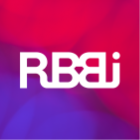Over the last 20 years of my journey which started as a web designer back in 1997 to today as a co-founder of region’s first UX consultancy firm, I’ve met some pretty amazing research and design folks both on the job and at various conferences. While meeting many inspiring people, I noticed some common traits that make a good and holistic UX designer. I will not talk about the technical skills one must possess but the softer skills that go into making a true UX designer. So while you sharpen your technical knowledge, here are few things that will help you imbibe the inner characteristics needed.

Curious
First and foremost, an important quality one must have is a boundless appetite for learning. To stay sharp while navigating the latest shifts in technology, trends and interaction patterns. Keeping up with today’s newest trends is a pretty big feat. Curiosity becomes the driving force behind your ability to stay ahead of the curve. Curiosity keeps your mind open to different experiences; and I don’t mean experiences related to the field only. For a UX designer your curiosity will enable you to learn all the time from different things in life.
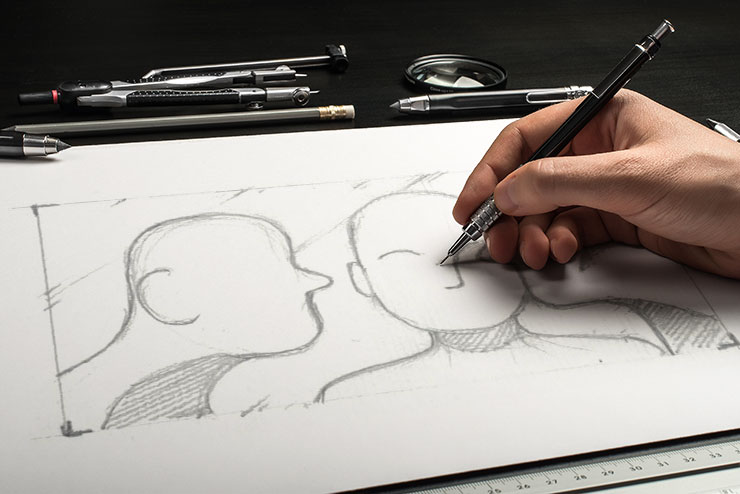
Zero Ego and Empathetic
No, you simply cannot have even a hint of ego in you. I have seen over these years any UX designer with even the smallest of egos in him/her has failed in the long run. Ego stops you from learning and most importantly it stops you from growing.
Having an ego just stops you from having the most important trait of all – empathy. The ability to connect with different personalities and people in life, requires empathy. It creates perspectives needed for every task you undertake.
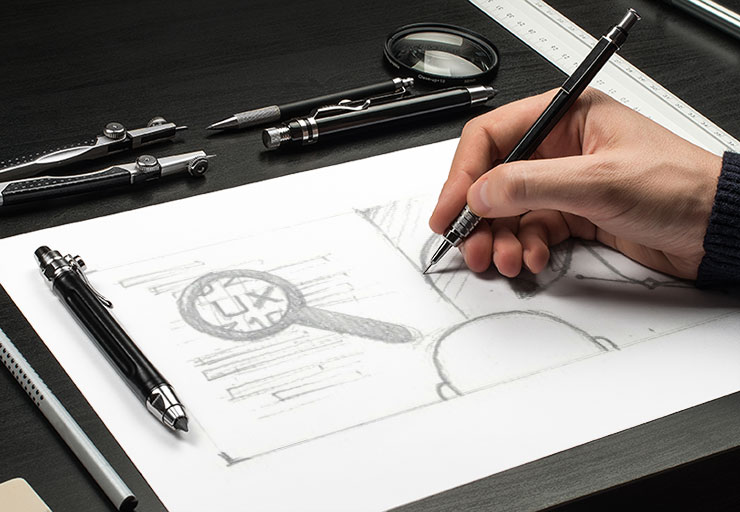
Lefties and righties
A real UX designer should be able to use both sides of the brain to solve problems. He or she should be able to analyze large amounts of data and find insights to make informed recommendations or decisions which will impact the user experience. They need to be creative and analytical at the same time. This ability will show you how to approach problems both creatively and constructively and it requires a balance of brainpower and intuition.
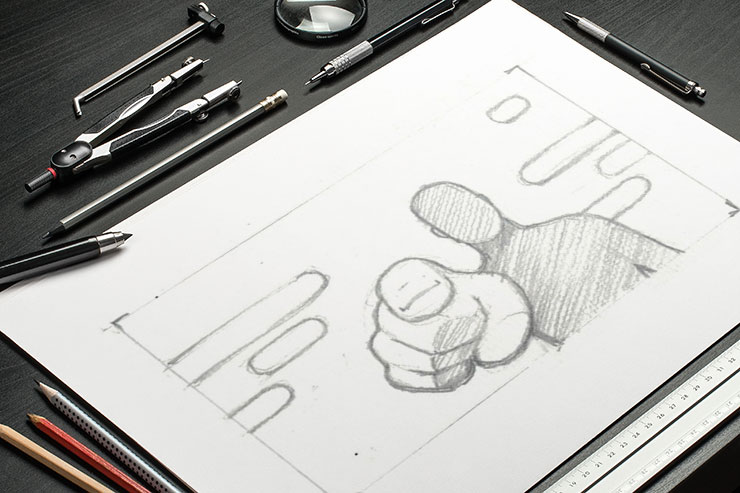
User-first
User experience professionals with experience start speaking and opinionating on behalf of the users. This is where ego starts creeping in. There is no harm in using your experience in similar industries or products as a starting point but when it becomes the point of debate then a good UX designer is the one who keeps his user first.
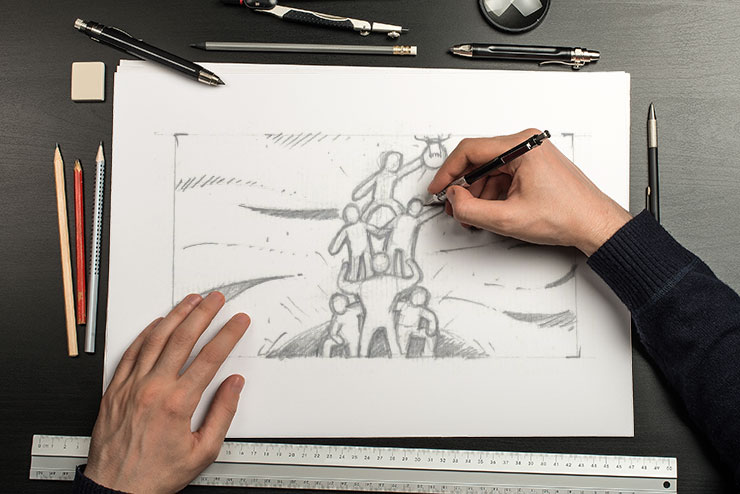
Team Player
Whether it’s design critiques or brainstorming sessions, user experience design is often a team effort. The ability to collaborate is an asset for any team, where silos can have a very negative effect. So if you see a person getting up from his seat and walk to the other corner to collaborate, discuss and listen, you know it’s a trait you should encourage.
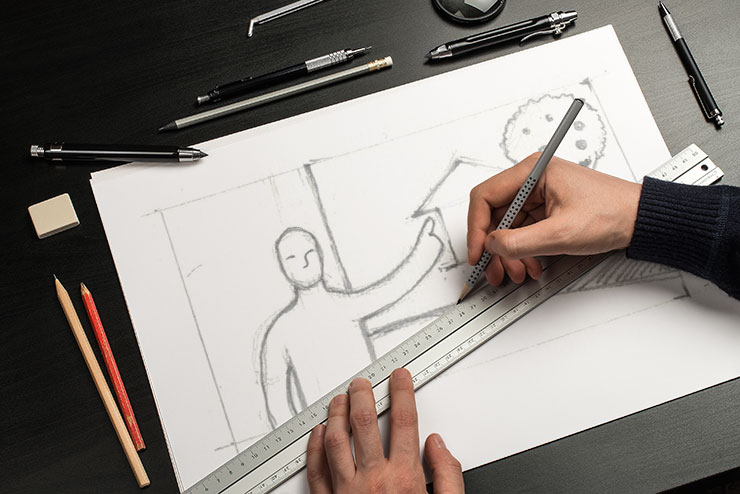
Storyteller
While great communication skills are a prerequisite for most positions, it especially rings true within the world of user experience. Researchers take every word into account when running a study, acknowledging that unclear tasks and questions can quickly muddy up their work. Good UX designers position their work and thought process in a way that becomes much more about the customer’s experience, and a lot less about what they “like and don’t like.”

Keeping your emotions in check
Don’t get me wrong, being emotional is really good for a UX designer. However, when the UX designer starts having emotions about his or her work the that’s where the problem starts. One thing you should know is that you are NOT a painter. Unlike a painter or an artist, your work is meant for others and it’s meant to solve a problem. So don’t be very defensive about your work and be open for it to evolve with criticism, input and collaboration.
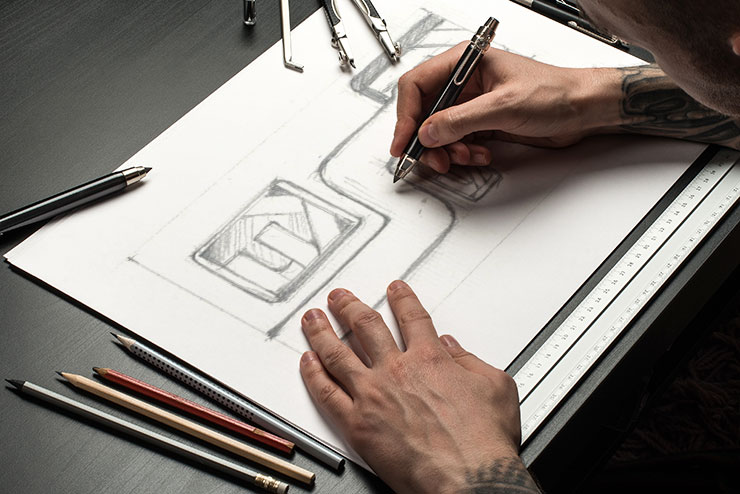
Flexible & adaptable
Flexibility and adaptability are traits required at very different levels for a UX designer. First you need to adapt to teams, project environments, clients (specially in the region), various topics and most importantly: users. Secondly, in this field things change very fast, in the world of agile process and scrum teams, adaptation is key. You need to have a high level of flexibility and being prepared to make iterations is a quality required for UX pros.
One more aspect of being adaptable is also true for different new tools and techniques that keep coming up. A UX professional should also be open to learn new skills and his/her sleeves to work on different phases of the project. Another important part of being adaptable is to see what works best for you. You need to be flexible with your processes and learnings to adapt them to what’s at hand and not be rigid about it.

Discipline
Although UX is looked upon as a field that is free, hip and trendy, it doesn’t mean that there can’t be discipline to it. I have observed that the best UX designers have a very disciplined approach towards life, work and their surroundings.
You need to be a unicorn- a true unicorn in this field. We’ve all heard about the Unicorn, as mystical as it sounds, it’s the truth! People who possess different skills and have these qualities in such a tech-savvy, creative, empathetic yet data-driven role, are pretty special. And by the way, did I mention that sometimes knowing about coding is a bonus, too?
